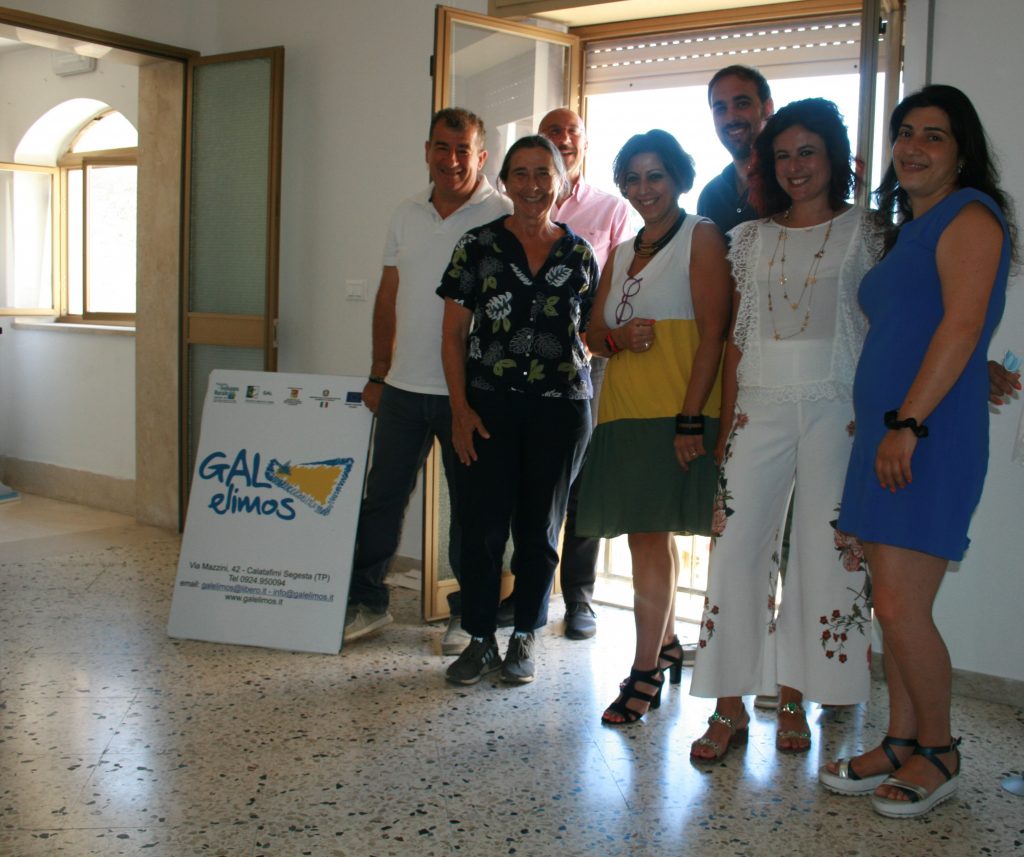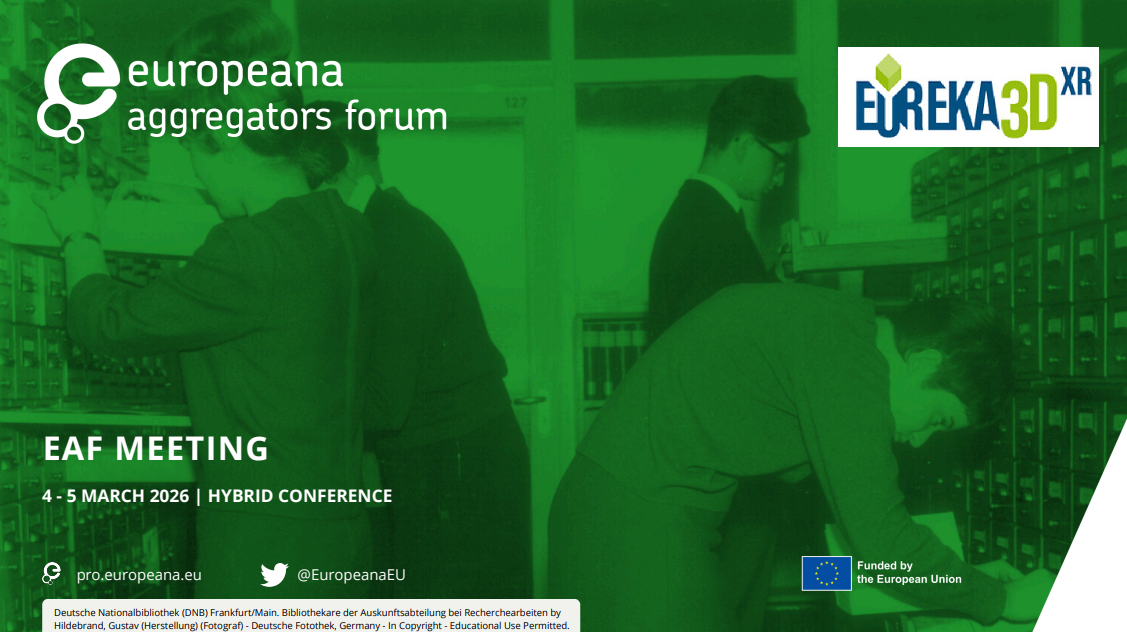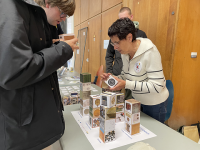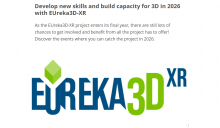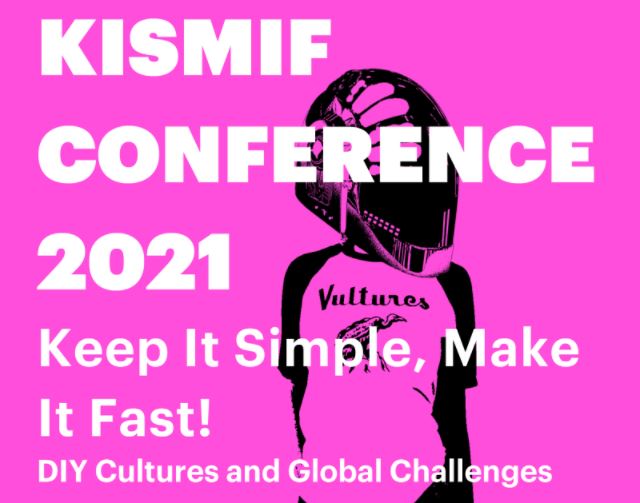 In July, members of the members of the UNCHARTED Consortium were invited to participate to the International KISMIF Conference ‘Keep It Simple, Make It Fast! DIY Cultures and Global Challenges’ (KISMIF 2021). The event goal was to foster a debate on the artistic sector considered in its widest expression: music, theater, performing arts, cinema, literature and poetry, graffiti and urban art, graphic design, drawing, architecture, radio, graphic design, drawing, architecture, cartoons and comics….In this general context the UNCHARTED project was presented with the Panel “Values in non-professional participation in cultural and artistic activities: examples from the UNCHARTED project” exploring diverse values from cultural participation.
In July, members of the members of the UNCHARTED Consortium were invited to participate to the International KISMIF Conference ‘Keep It Simple, Make It Fast! DIY Cultures and Global Challenges’ (KISMIF 2021). The event goal was to foster a debate on the artistic sector considered in its widest expression: music, theater, performing arts, cinema, literature and poetry, graffiti and urban art, graphic design, drawing, architecture, radio, graphic design, drawing, architecture, cartoons and comics….In this general context the UNCHARTED project was presented with the Panel “Values in non-professional participation in cultural and artistic activities: examples from the UNCHARTED project” exploring diverse values from cultural participation.
The Panel brought together examples from four national and international cultural and arts-related cases that were analysed in the framework of the project; it pointed out the four different fields of investigation (community-engaged artistic projects, culture and community-based creative tourism, illegal musical events, remote participation in cultural activities during Covid-19) and it presented the general goal of the project (the identification of the plurality of values of culture and the tensions, conflicts and public controversies in the valuation of cultural participation in live and on-line arts and culture).
The panel was co-coordinated by Cláudia Pato de Carvalho, Paula Abreu, Sílvia Silva and Nancy Duxbury
Details of the case studies examined follow:
Paper 1 – Values from Community-engaged artistic projects
Cláudia Pato de Carvalho, Centre for Social Studies – University of Coimbra
Nancy Duxbury, Centre for Social Studies – University of Coimbra
Paula Abreu, Faculty of Economics and Centre for Social Studies– University of Coimbra
Sílvia Silva, Centre for Social Studies – University of Coimbra
Community-engaged artistic projects focus on creative, participatory, and collaborative methodologies to engage different sectors of a community in a joint effort to design, implement, and evaluate an arts or culture-related initiative. The topic of these community-engaged projects often relates to the local history/heritage and/or contemporary issues facing a community. The goal of these projects is to involve local communities in the collaborative design and public performance of local narratives, often focusing on lesser known stories and perspectives. Both the degree of involvement of different people and local organizations and the different expectations for the future transformations of urban environments may bring interesting contributions for the discussion of value in cultural and artistic activities.
The research focuses on De Portas Abertas, a community arts intervention project coordinated by O Teatrão, a professional theatre company in Coimbra, that is designing collaborative, multidisciplinary performances (including theater, music, and dance) with the community (i.e., residents, local associations, and local authorities) of Vale da Arregaça. This is an urban area of the city of Coimbra that includes a social housing neighbourhood and other residences, an abandoned green valley and a ruined industrial facility. The project began in 2020 with a public performance in the area in September 2020, and 2021 marks phase 2 of the project which is proposed to be about the theme of “work,” a challenge to encourage further community involvement.
Key words: societal value of culture, non-professional participation, cultural participation, community engaged artistic projects
Paper 2 – Values from culture and community based creative tourism
Cláudia Pato de Carvalho, Centre for Social Studies – University of Coimbra
Nancy Duxbury, Centre for Social Studies – University of Coimbra
Paula Abreu, Faculty of Economics and Centre for Social Studies – University of Coimbra
Sílvia Silva, Centre for Social Studies – University of Coimbra
Allied with sustainable and responsible tourism, culture- and community-based small-scale creative tourism can provide regenerative options for local traditions and local care, emphasizing more conscientious options, with explicit community benefits, such as the revitalization of local crafts and traditions, through co-creation and co-preservation, as well as benefits at a personal level, such as personal health and well-being. Creative tourism has significant potential for inspiring new ideas for the revitalization of local culture and heritage resources allowing the possibility to re-imagine community self-representation for tourism which will provide social, cultural, and economic added value for smaller places. This approach brings to the forefront of the discussion, different types of values attributed under the context of activities promoted in the context of intervention of Loulé Criativo.
Loulé Criativo is a creative tourism initiative developed by the Municipality of Loulé, Portugal, since 2014. The ongoing programme offers a range of workshops, short courses, thematic weekends, and other activities, provided through a local network of artisans and artists, linked tightly to the culture, heritage, traditions, and local identity of the municipality. Participants include both travellers (national and international) and local residents.
Key words: societal value of culture, non-professional participation, cultural participation, culture and community based creative tourism
Paper 3 – Values of autonomous culture : Illegal musical events in the times of COVID-19
Félix Dupin-Meynard, CEPEL, CNRS – University of Montpellier
Restrictions due to the COVID crisis (closure of cultural venues, ban on public gatherings) led to the emergence of illegal and self-organised musical events, such as clandestine concerts and rave parties. Some of these events were already taking place before these restrictions – notably for aesthetics and practices that are not recognised by cultural institutions and policies, or that claim autonomy, “do it yourself”, or political contestation. Others have emerged during the COVID crisis, from the expressed ‘need’ to experience musical events in collective presence, despite the health and legal risks – and faced an increased repression, as well as public moral judgements about their supposed responsibility for the pandemic dissemination.
Our research focuses on the values advocated and/or experienced by organisers and spectators of rave parties and underground concerts in the south of France during the COVID crisis. Do these events, organised without any link to cultural policies and institutions, carry the same social values as institutional events and “legitimate culture”? If not, what specific values and valuations emerge from this autonomy and informality? How do participants consider the balance between health risks, legal risks, and the ‘need’ for collective musical experience? How different values are intertwined in these cultural and social spaces (socialisation, entertainment, freedom, well-being, empowerment, autonomy, democracy…)? What are the relative places and shapes of aesthetic and social values? What is the reciprocal influence between social contexts and artistic contents?
Paper 4 – The Values of Remote Participation in Choirs and Cultural Initiatives during Covid-19
Victoria D. Alexander, Institute for Creative and Cultural Entrepreneurship – Goldsmiths University of London.
Oliver Peterson Gilbert, UNCHARTED Research Associate, Institute for Creative and Cultural Entrepreneurship – Goldsmiths University of London
The social distancing regulations implemented in response to the COVID-19 pandemic forced UK cultural and creative organisations to migrate to modes of remote delivery. Our research has looked to two spaces of non-professional cultural participation: amateur choirs in London and Reimagine, Remake, Replay – a cultural makerspace for 16–25-year-olds in Northern Ireland, both of which have moved online in response to the pandemic. Our objective was to capture the values that participants ascribed to this new mode of participation and how it compared to forms of synchronous co-present cultural participation that constituted pre-pandemic experience. Interviews were conducted with members from a variety of choirs. These choirs had different musical repertoires, deployed varied technological solutions to facilitate online participation, and comprised constituencies of participant ranging from beginners to longstanding members. Two focus groups were held with Reimagine, Remake, Replay participants alongside interviews with current staff members. We discerned certain value commonalities across the two case studies which suggest a cluster of values applicable to online cultural participation in the present moment: emotion regulation, sociality, identity consolidation, spatial-temporal affordances, new capabilities, and aesthetic values. These spaces of value production enabled us to propose a new typology (ESCAPISM) to frame the values attributed to remote participation in non-professional cultural activities during the COVID-19 pandemic.
Keywords: Online Participation, Choirs, Participative Museums, Cultural Democracy, COVID-19.
Conference Website: https://www.kismifconference.com/pt/
Previous Posts…
 The Work Package WP2 of the UNCHARTED project aims at analyzing the emergence of values linked to culture in practical contexts and in the field of cultural policy and cultural administrations.
The Work Package WP2 of the UNCHARTED project aims at analyzing the emergence of values linked to culture in practical contexts and in the field of cultural policy and cultural administrations.


 The aim of the Tourism 4.0 for the Black Sea project is to demonstrate the potential of Data Analytics for tourism development in the area of Black Sea. To achieve this, pilot services will be tested and the dialogue with regional stakeholders encouraged. Tourism 4.0 for the Black Sea project will boost sectoral cooperation and allow greater usage of the Industry 4.0 technologies in tourism. Data driven tourism will enable more sustainable development of tourism in the future.
The aim of the Tourism 4.0 for the Black Sea project is to demonstrate the potential of Data Analytics for tourism development in the area of Black Sea. To achieve this, pilot services will be tested and the dialogue with regional stakeholders encouraged. Tourism 4.0 for the Black Sea project will boost sectoral cooperation and allow greater usage of the Industry 4.0 technologies in tourism. Data driven tourism will enable more sustainable development of tourism in the future. All these themes and actions are very close to the work of INCULTUM, which aims to demonstrate the high potential of the marginal and peripheral places, cultural heritage and resources when managed by local communities and stakeholders, also supporting the research with collecting quantitative and qualitative data on cultural tourism to produce innovative data analysis and new statistics on this phenomenon. INCULTUM findings are oriented to foster positive impacts of cultural tourism by using a participatory approach involving local population and stakeholders as communities of practices.
All these themes and actions are very close to the work of INCULTUM, which aims to demonstrate the high potential of the marginal and peripheral places, cultural heritage and resources when managed by local communities and stakeholders, also supporting the research with collecting quantitative and qualitative data on cultural tourism to produce innovative data analysis and new statistics on this phenomenon. INCULTUM findings are oriented to foster positive impacts of cultural tourism by using a participatory approach involving local population and stakeholders as communities of practices.
 In July, members of the members of the UNCHARTED Consortium were invited to participate to the International KISMIF Conference ‘Keep It Simple, Make It Fast! DIY Cultures and Global Challenges’ (KISMIF 2021). The event goal was to foster a debate on the artistic sector considered in its widest expression: music, theater, performing arts, cinema, literature and poetry, graffiti and urban art, graphic design, drawing, architecture, radio, graphic design, drawing, architecture, cartoons and comics….In this general context the UNCHARTED project was presented with the Panel “Values in non-professional participation in cultural and artistic activities: examples from the UNCHARTED project” exploring diverse values from cultural participation.
In July, members of the members of the UNCHARTED Consortium were invited to participate to the International KISMIF Conference ‘Keep It Simple, Make It Fast! DIY Cultures and Global Challenges’ (KISMIF 2021). The event goal was to foster a debate on the artistic sector considered in its widest expression: music, theater, performing arts, cinema, literature and poetry, graffiti and urban art, graphic design, drawing, architecture, radio, graphic design, drawing, architecture, cartoons and comics….In this general context the UNCHARTED project was presented with the Panel “Values in non-professional participation in cultural and artistic activities: examples from the UNCHARTED project” exploring diverse values from cultural participation.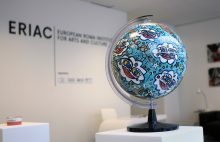




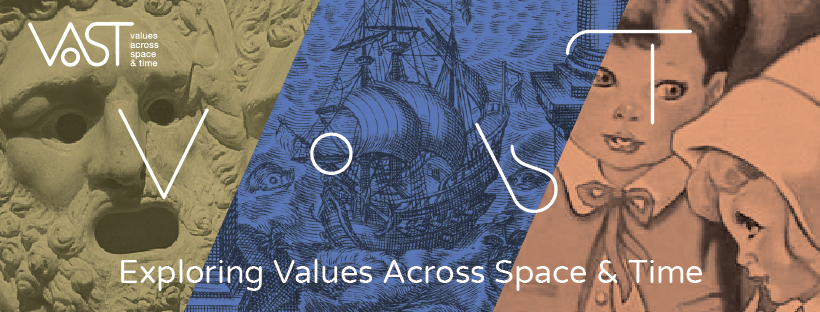 The VAST project (Values Across Space and Time) is an international collaboration between eight partners from five countries:
The VAST project (Values Across Space and Time) is an international collaboration between eight partners from five countries: 
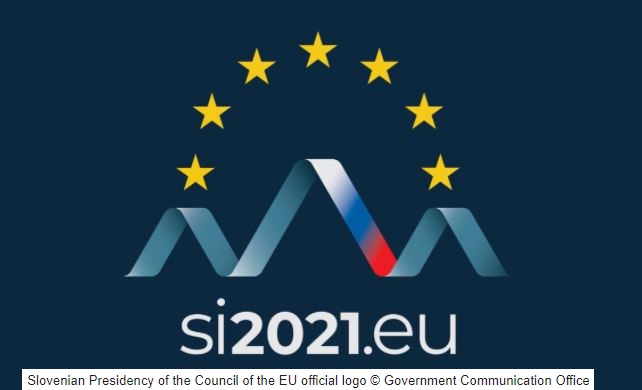
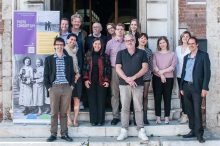
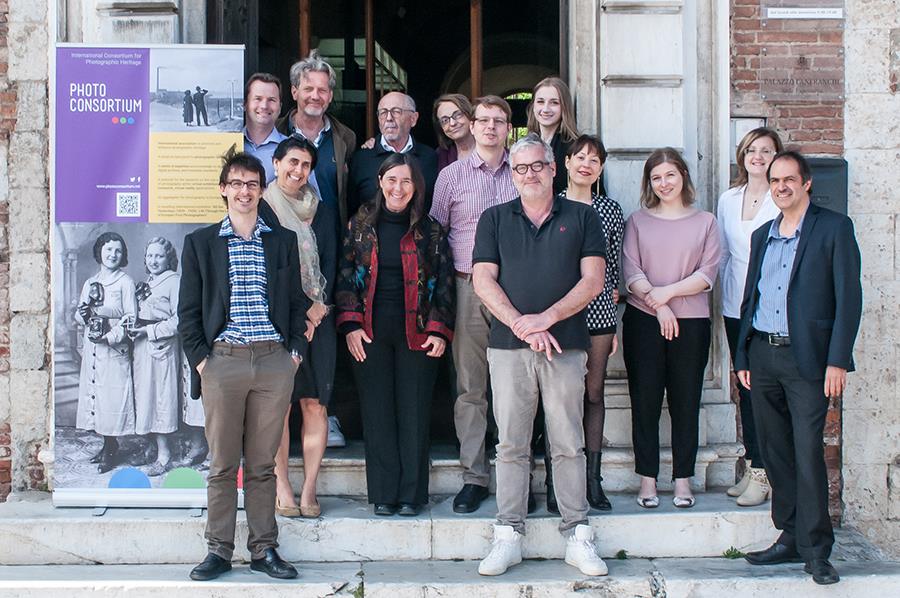
 PHOTOCONSORTIUM was partner in the successful GS CEF project
PHOTOCONSORTIUM was partner in the successful GS CEF project 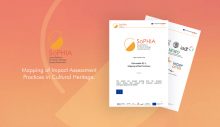
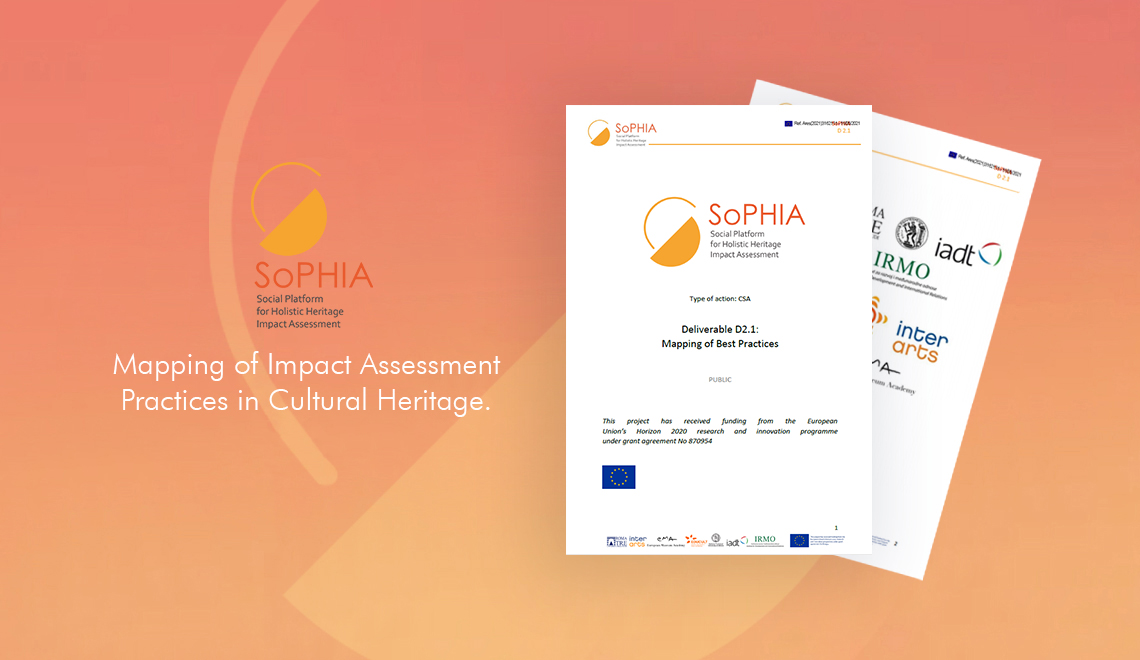 The Sophia platform, is developing a Holistic Heritage Impact Assessment Model. The recent progresses of its evaluation are referred to the identification of the three axes along which the model can be developed which are domains, people, and time. Next step was to collect and analyse existing cases of impact assessment practices for their applicability. At this puropose, members of SoPHIA’s
The Sophia platform, is developing a Holistic Heritage Impact Assessment Model. The recent progresses of its evaluation are referred to the identification of the three axes along which the model can be developed which are domains, people, and time. Next step was to collect and analyse existing cases of impact assessment practices for their applicability. At this puropose, members of SoPHIA’s 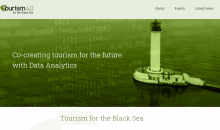
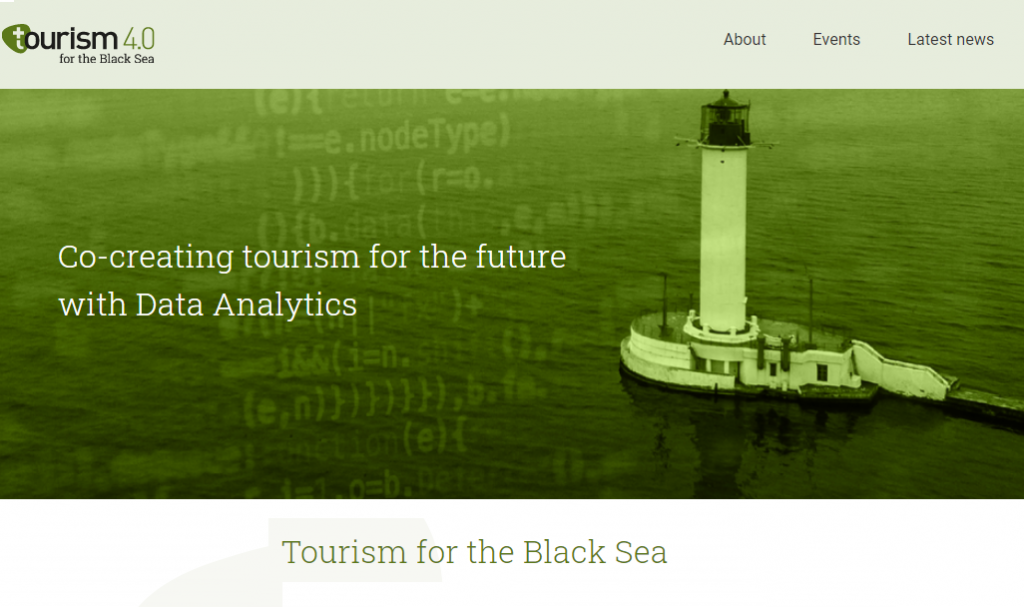
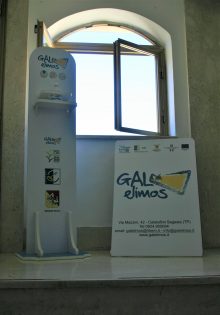
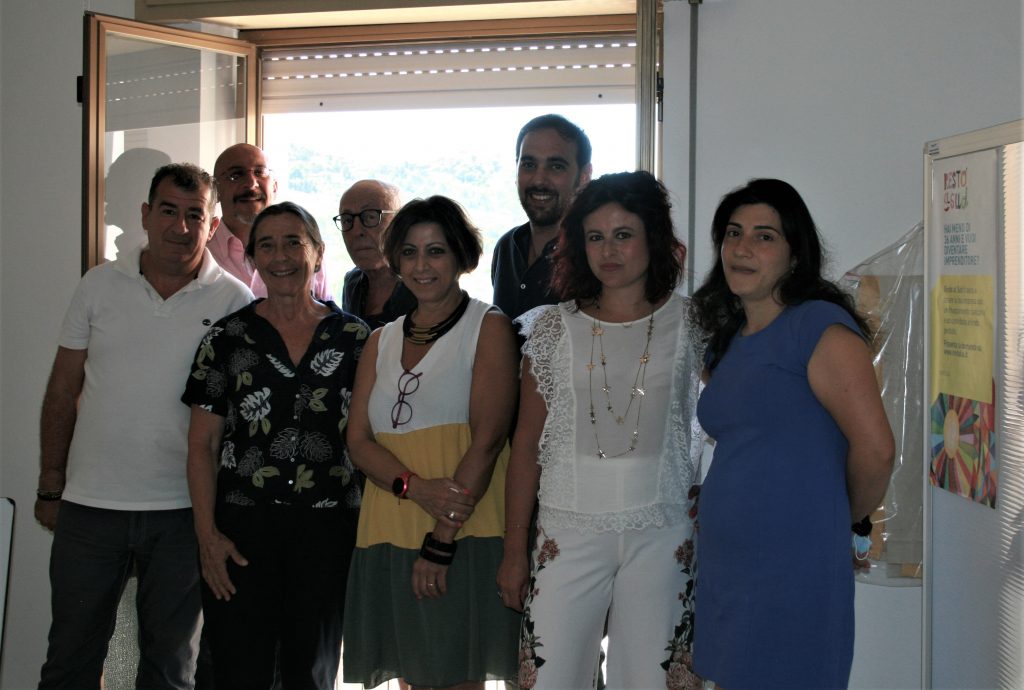 On the 6th of July 2021, INCULTUM partners
On the 6th of July 2021, INCULTUM partners 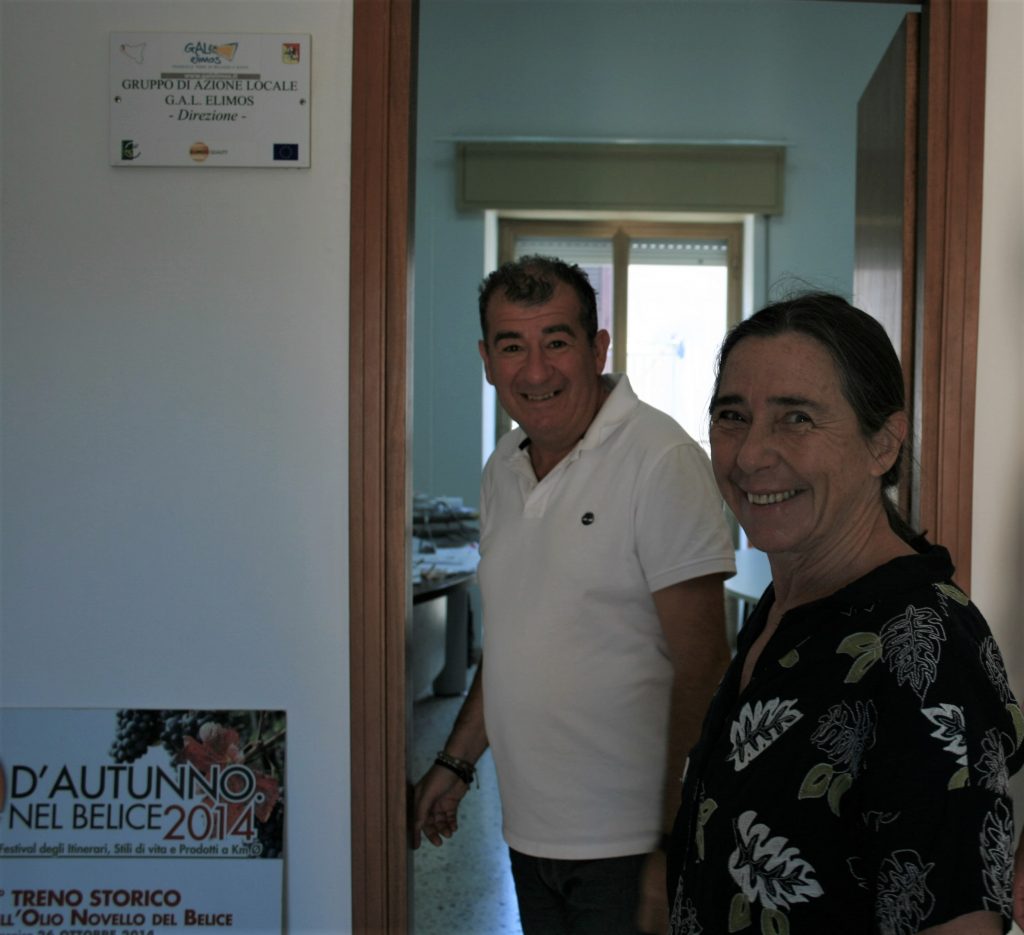 1. Agrarian heritage: persistence of traditional irrigation systems, of clear Islamic legacy, especially in Calatafimi-Segesta, where previous projects (such as MEMOLA) documented numerous associated hydraulic systems and infrastructures (mills, irrigation channels, wells, fountains, watering holes), both in the urban area and the surrounding territory.
1. Agrarian heritage: persistence of traditional irrigation systems, of clear Islamic legacy, especially in Calatafimi-Segesta, where previous projects (such as MEMOLA) documented numerous associated hydraulic systems and infrastructures (mills, irrigation channels, wells, fountains, watering holes), both in the urban area and the surrounding territory.